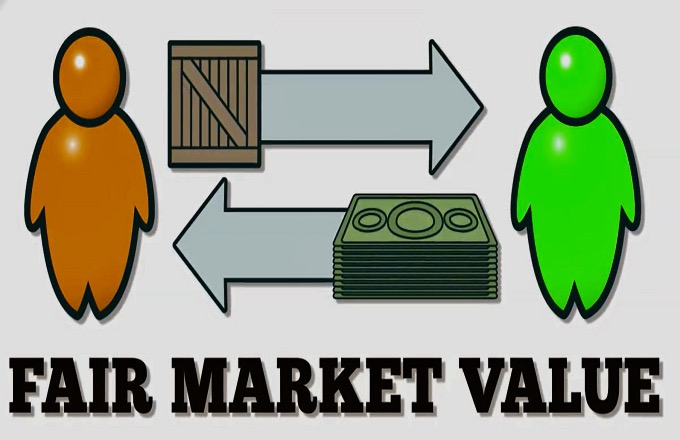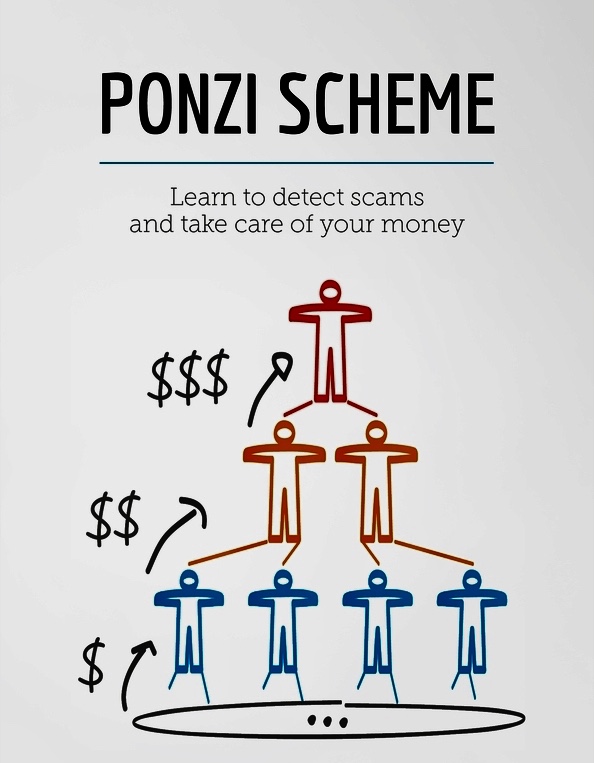West Bros. Frame and Chair Ltd. v Yazbek 2019 BCSC 1844 discussed the legal principles for suing an employee book keeper for theft of over $600,000, and distinguished between conversion and breach of trust in doing so.
There is no independent tort of theft. The theft of property engages a number of overlapping legal, equitable and restitutionary doctrines, including conversion, unjust enrichment, and breach of trust, each with their own distinct logic, purpose and scope.
In the case of an employee bookkeeper who misappropriates over $600,000, the court found that the bookkeeper stood in a fiduciary relationship with the plaintiff, occupied a position of trust and responsibility over the plaintiff financial affairs, and took advantage of a vulnerable plaintiff with the unilateral exercise of her power and discretion.
Accordingly, an ad hoc fiduciary relationship arose between the plaintiff and the defendant, and the court awarded judgment on the basis of breach of trust.
The court distinguished between the overlap of conversion and breach of trust.
Conversion is a tort, and is defined as the wrongful taking, using are destroying of goods or the exercise of control over them in a manner which is inconsistent with the title of the owner. Erhardt v Kendrick 2017 BCSC 813 at para. 26.
A theft of money would constitute a conversion.
A breach of trust on the other hand, is an equitable wrong, which occurs within the context of a fiduciary relationship. It refers to the breach of an equitable obligation owed to the beneficiary of a trust or other form of fiduciary relationship. The theft of money by an employee under such an obligation would constitute a breach of trust, in addition to conversion.
The court applied the test as to whether or not an employee falls under a fiduciary obligation in the nature of their duties and responsibilities as set out in Eagle Ridge Animal & Bird Hospital v Sharpe BCSC 1486 at 91.







